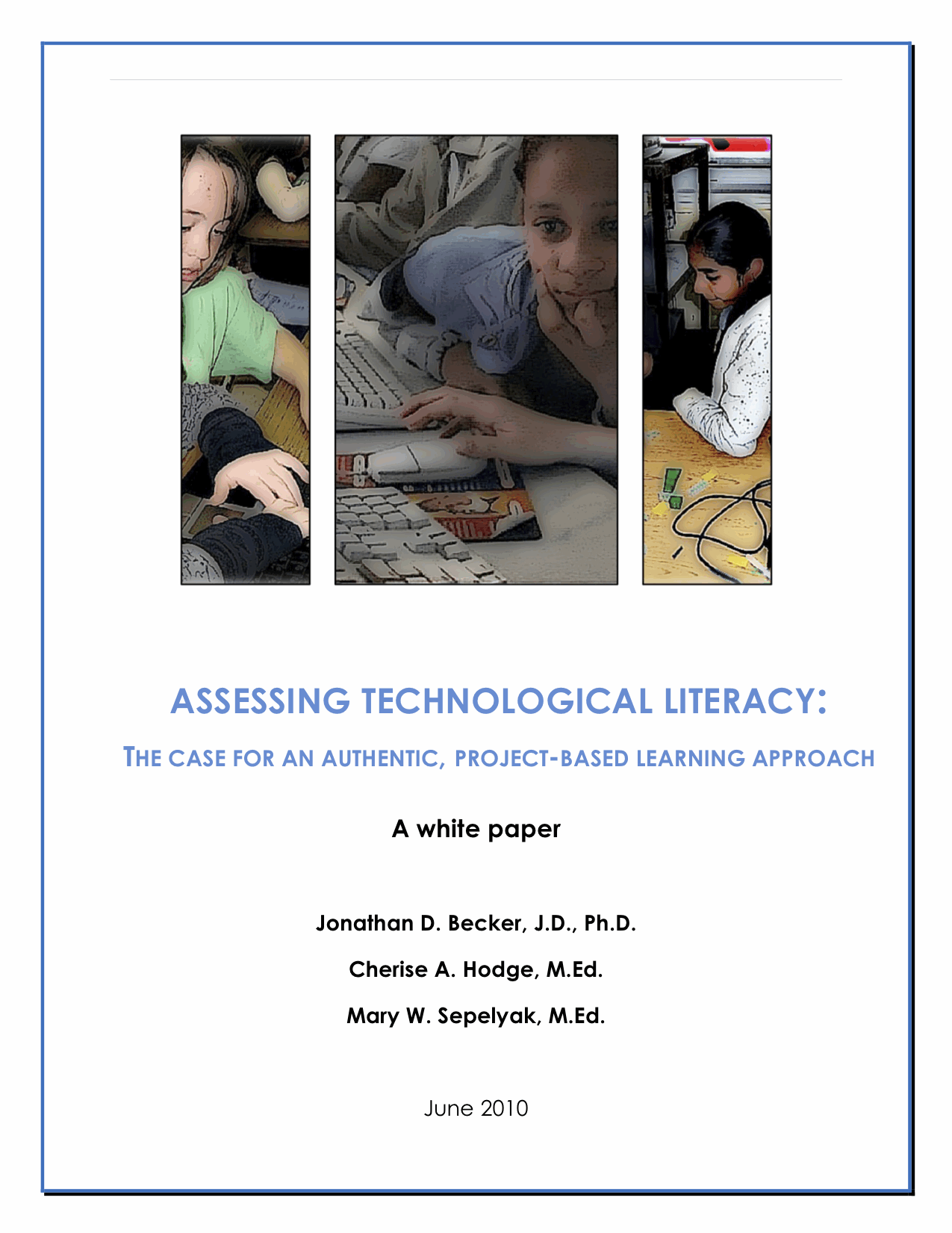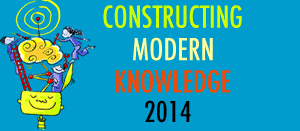More reaction to the new whitepaper Assessing Technology Literacy: The Case for an Authentic, Project-Based Learning Approach (Read more or download PDF)
From Education Week:
“A new whitepaper addressing recent calls for technology literacy education argues any such education should involve project-based learning, while a separate new report indicates the need for such education may soon increase. The whitepaper from Jonathan D. Becker, a grant evaluator for the U.S. Department of Education, and Cherise A. Hodge and Mary W. Sepelyak, doctoral candidates at Richmond’s Virginia Commonwealth University, insists that, despite contention over what exactly constitutes technology literacy, there is consensus in the 49 states with technology literacy goals that the construct is multidimensional, and that one of those dimensions is acting or doing. In other words, students don’t just observe technology. They interact with it, meaning any instruction involving technology literacy should include students using technology in an active or interactive way.”
via Project-ing Tech Literacy - Digital Education - Education Week.
Although they got Dr. Becker’s job wrong (he’s actually an Associate Professor of Educational Leadership at Virginia Commonwealth University,) it’s a nice analysis of the whitepaper! Hope you read it and share with principals, tech coordinators, and others wondering what to do about student technology literacy.
Assessing Technology Literacy: The Case for an Authentic, Project-Based Learning Approach (PDF)
Sylvia



